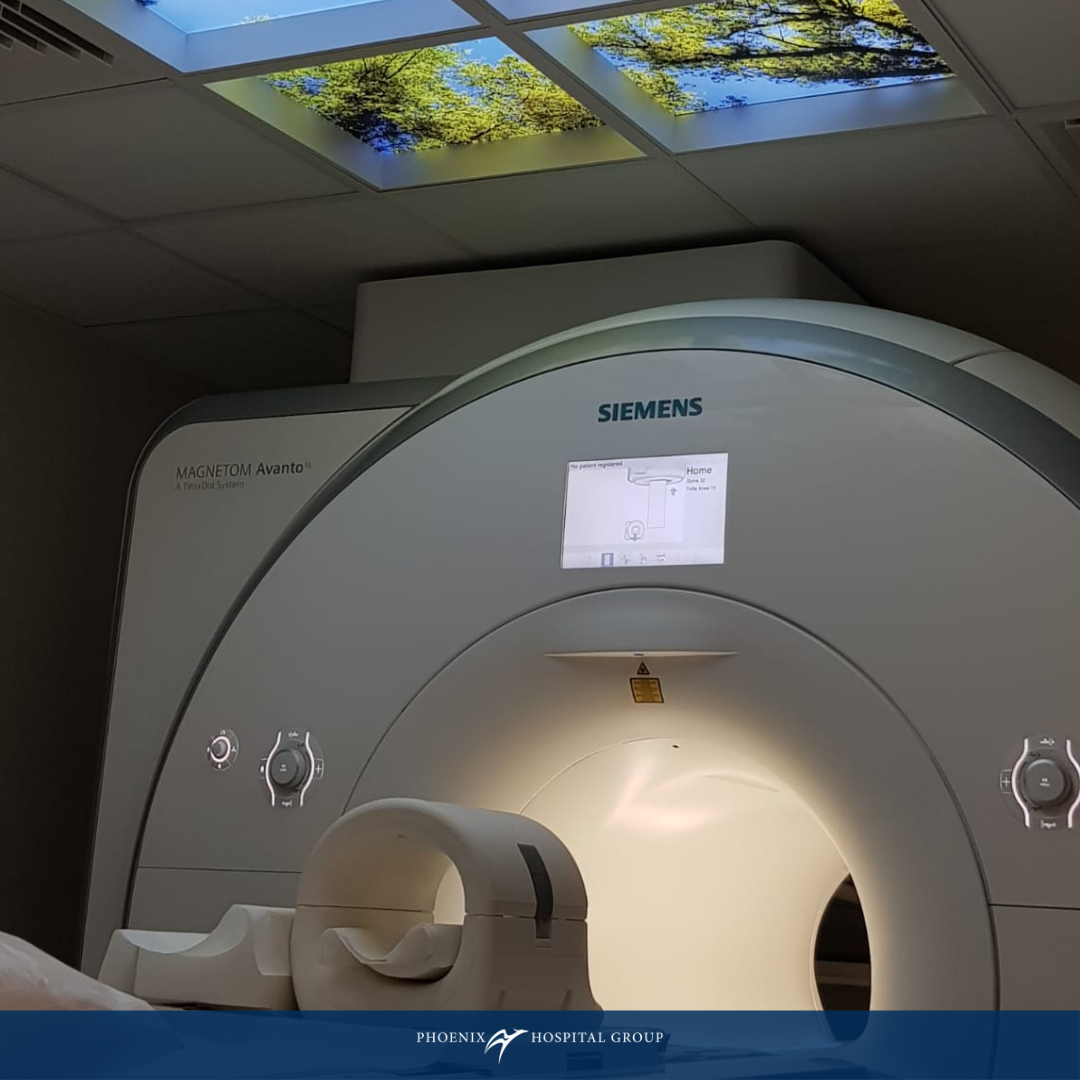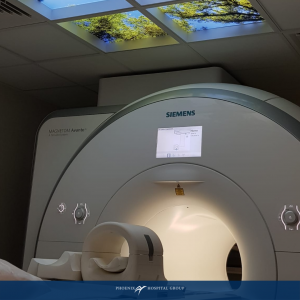What can an MRI tell us about Alzheimer’s Disease?
World Alzheimer’s Day is on the 21st of September, and is part of World Alzheimer’s Month. Campaigns to raise awareness of serious conditions like Alzheimer’s Disease aim to highlight the need to understand, to talk about, and to help to manage disease and risks.
Alzheimer’s Disease
Alzheimer’s Disease is the most common form of dementia – a condition marked by memory loss, and cognitive decline – it can affect the way a person thinks, behaves, and feels. Alzheimer’s usually begins with subtle changes in short term memory, but is a degenerative condition and may reach a stage where the person is unable to look after themselves or do any of their normal activities of daily life.
There are currently around 850 000 people with dementia in the UK, and between 50% and 75% have the Alzheimer’s form of dementia. The risk and severity of Alzheimer’s Disease increases sharply with age.
Medical Imaging
A Magnetic Resonance Imaging (MRI) scan is a type of medical imaging device that takes very detailed pictures of cross-sections of the body. If someone is experiencing memory loss, an MRI of the brain can help to diagnose the reason for the memory problems, such as forms of dementia, and can be used to monitor progression of the disease or response to treatment.
A specialist can use the MRI images to work out the best way to help limit or treat the disease, and knowing which parts of the brain are affected and the extent of the problem can help the doctors and patients anticipate problems and make plans for management.
When someone has Alzheimer’s disease, an MRI scan can show whether there are changes in the brain that may explain their symptoms. Knowing more about the extent of the disease can help to make plans to manage the disease and help that person live as full and rich a life as possible, and stay healthy with dementia.
Getting help
The Memory Clinic at 25 Harley Street is a single point of contact service which incorporates all of the investigations and consultations needed to diagnose the underlying cause for memory loss and related symptoms, and to create a plan for management of the disease.
As with almost all conditions, early diagnosis and treatment can have a massive effect on outcomes, and the earlier the symptoms are investigated, the better chance there is for longer-term quality of life and health.
Having specialist support and advice from as early as possible can help to slow the progression of disease, and sometimes simple lifestyle changes as advised by a specialist can reduce a person’s risk of developing Alzheimer’s Disease to start with. Memory clinic consultants can help to assess risk and advise preventative strategies as well as diagnosing and managing existing conditions.
Living with Alzheimer’s Disease can have a significant impact on the family and social groups of the person affected as well as the individual, and there are now many local or online support groups to help everyone affected by Alzheimer’s.
To book an appointment call us on 0207 079 2102 or email appointments@phoenixhospitalgroup.com.




